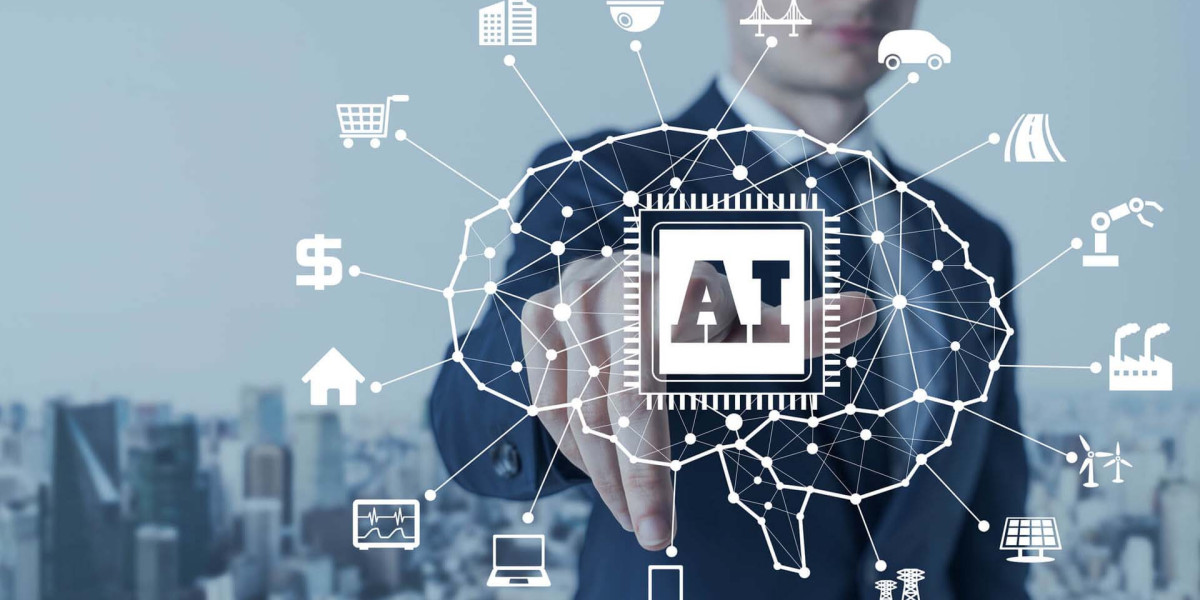We are living in an era defined by the rapid advancement and integration of Artificial Intelligence (AI), a technology that simulates human intelligence in machines. This is not merely an incremental improvement but a revolutionary force reshaping industries, economies, and daily life. The sheer economic momentum behind this transformation is staggering, with market projections indicating a monumental leap from USD 106.3 Billion in 2024 to an astounding USD 2 Trillion by 2035. This meteoric rise, underpinned by a compound annual growth rate (CAGR) of 30.58%, signals a global consensus on AI's value, cementing its role as the primary engine of innovation and competitive advantage for the foreseeable future. AI is no longer a concept from science fiction; it is a foundational and financially significant reality of our time.
The landscape of AI is diverse, encompassing various subfields and levels of capability. Currently, the world operates predominantly on Artificial Narrow Intelligence (ANI), which is designed to perform a specific task, such as voice recognition or playing chess. However, the ultimate goal for many researchers is Artificial General Intelligence (AGI), a form of AI with the ability to understand, learn, and apply knowledge across a wide range of tasks at a human level. The technologies driving today's AI revolution include machine learning, a subset where systems learn from data, and deep learning, which uses complex neural networks to achieve remarkable feats in areas like image recognition and Natural Language Processing (NLP). These core technologies are the building blocks for the sophisticated AI applications we see emerging today.
The societal impact of AI is profound and multifaceted, offering unprecedented benefits alongside significant challenges. In healthcare, AI algorithms can analyze medical images with superhuman accuracy, predict diseases, and accelerate drug discovery, promising a future of more personalized and effective medicine. In finance, AI powers real-time fraud detection systems that protect consumers and institutions from billions in losses. However, this progress is accompanied by pressing concerns about job displacement as automation takes over routine tasks, the potential for algorithmic bias to perpetuate societal inequalities, and the ethical dilemmas surrounding autonomous decision-making in areas like weaponry and transportation. Navigating this dual-edged nature of AI requires careful planning, regulation, and a global conversation about the kind of future we want to build.
Looking ahead, the trajectory of AI is set to accelerate even further, promising innovations that are currently hard to imagine. The pursuit of AGI remains a central, albeit long-term, goal that could unlock solutions to some of humanity's greatest challenges, from climate change to interstellar exploration. In the nearer term, the focus will be on developing more responsible and explainable AI (XAI) systems that are transparent, fair, and aligned with human values. As AI becomes more deeply embedded in the fabric of our society—from our homes and workplaces to our creative and scientific endeavors—its continued development will not only reshape our world but also challenge our understanding of intelligence itself, marking a pivotal chapter in human history.
Explore Our Latest Trending Reports:
GCC Programmatic Advertising Market







